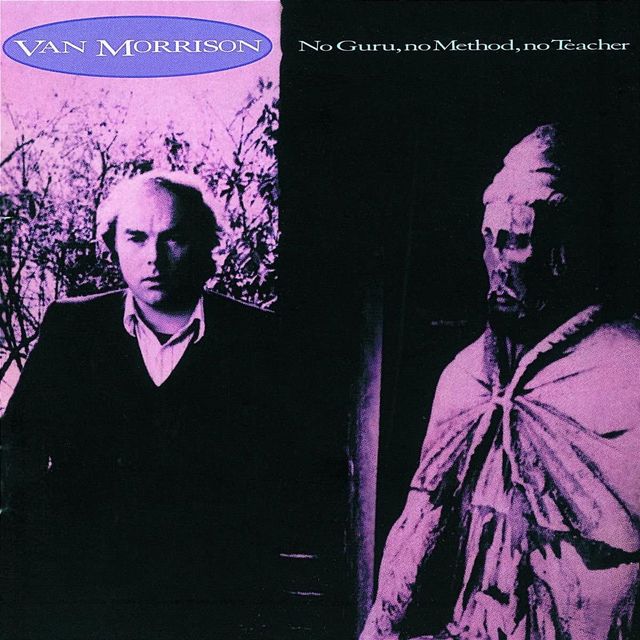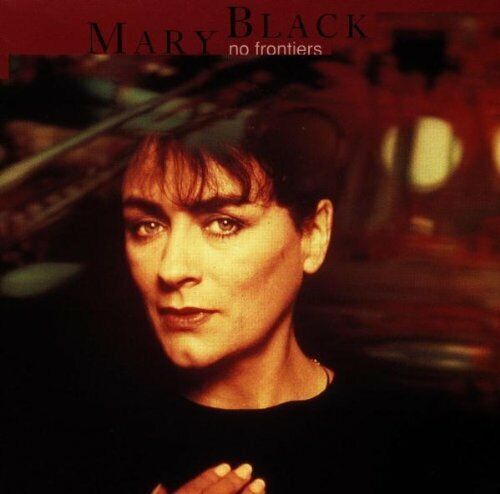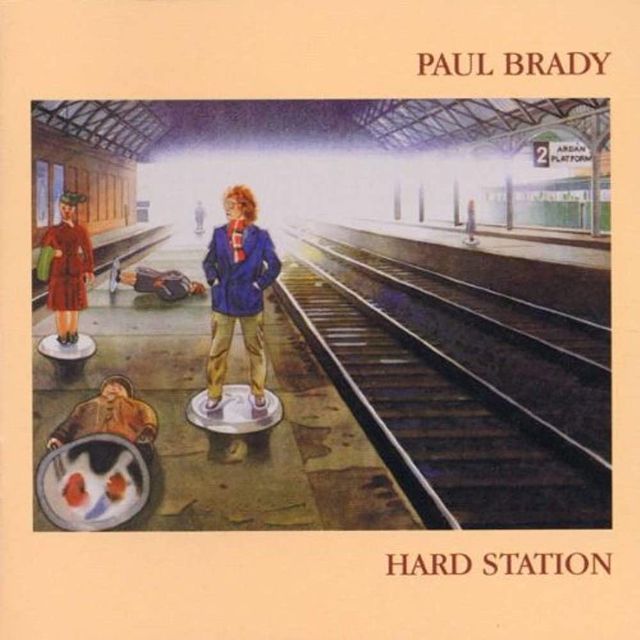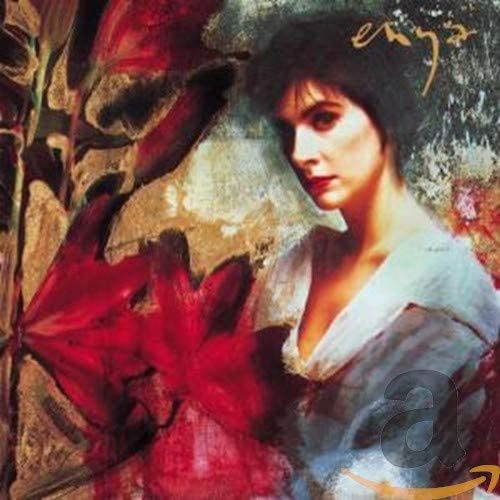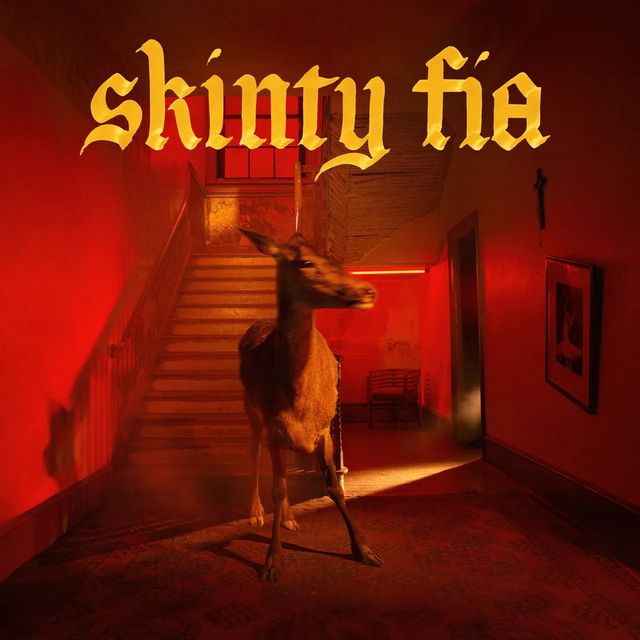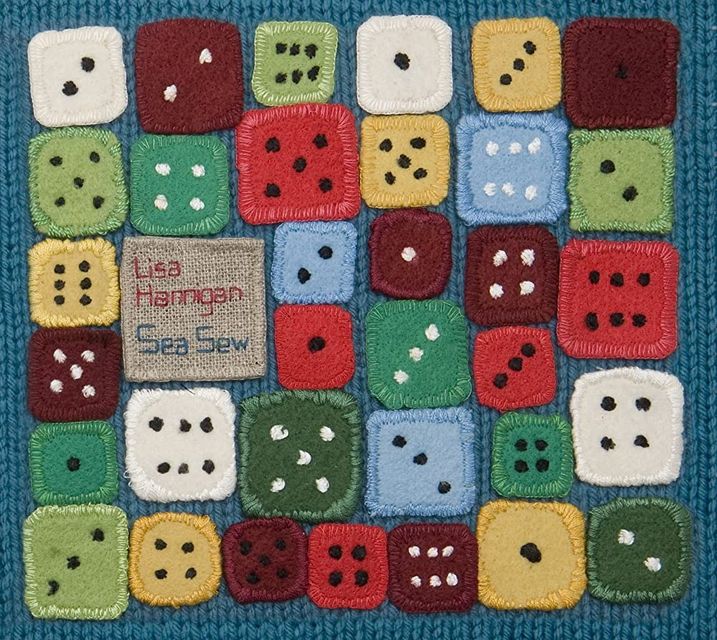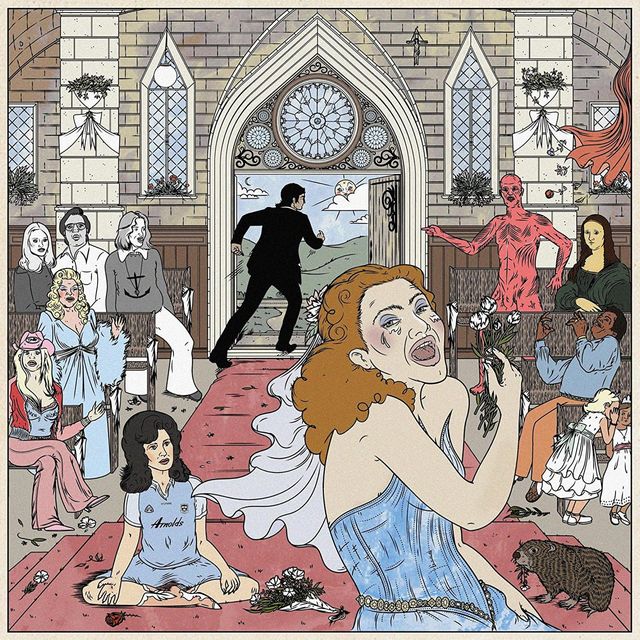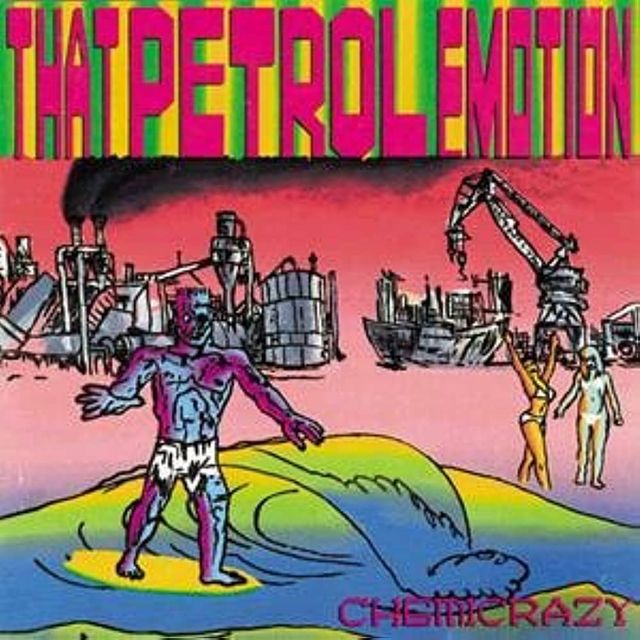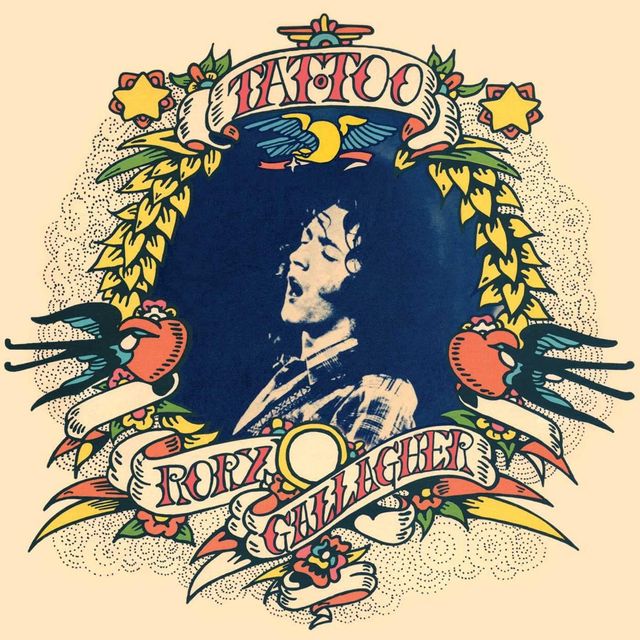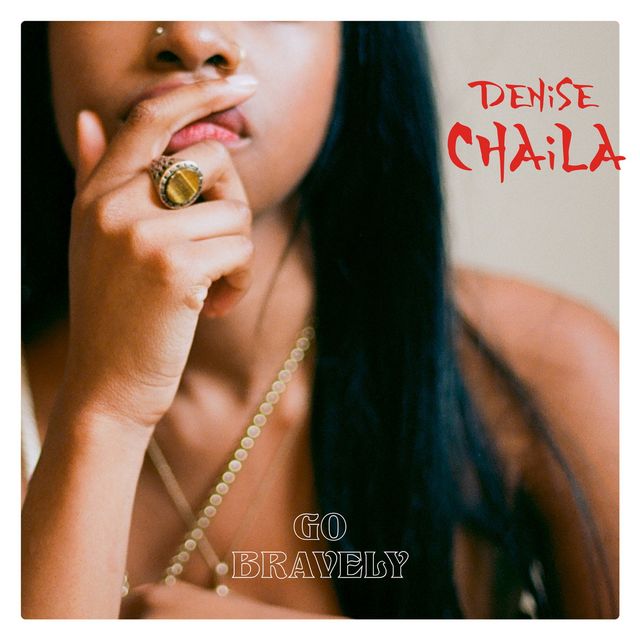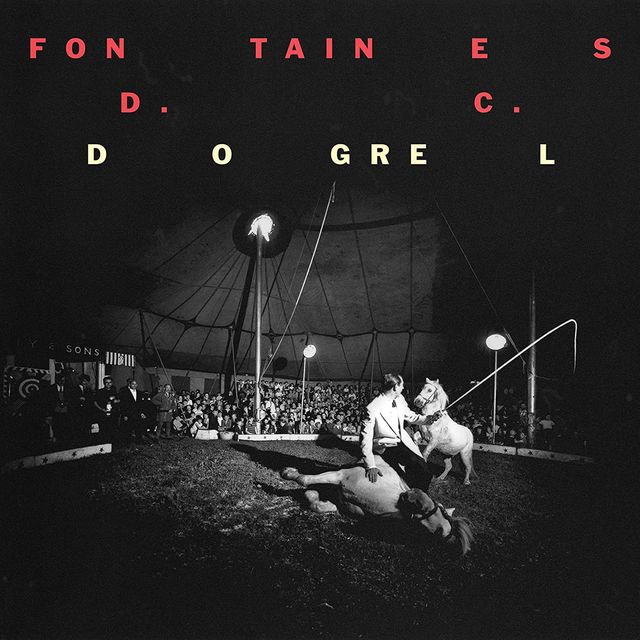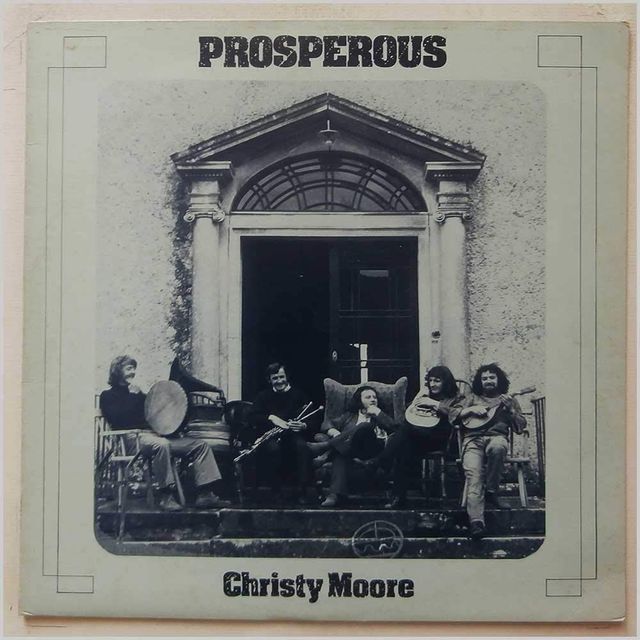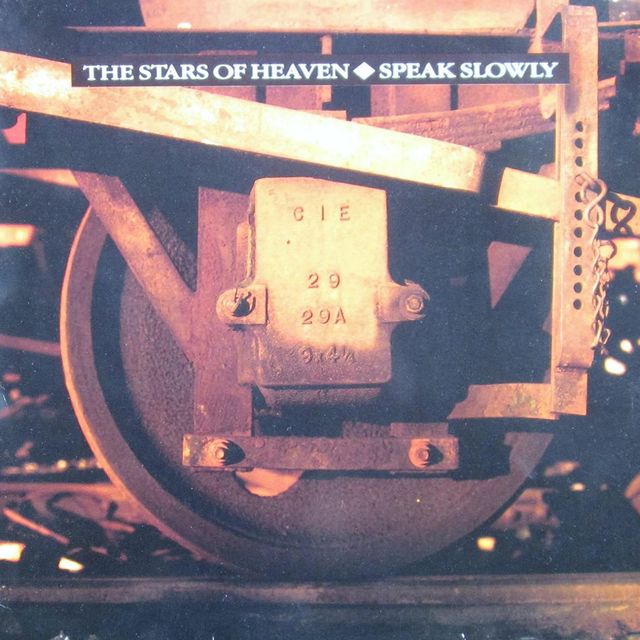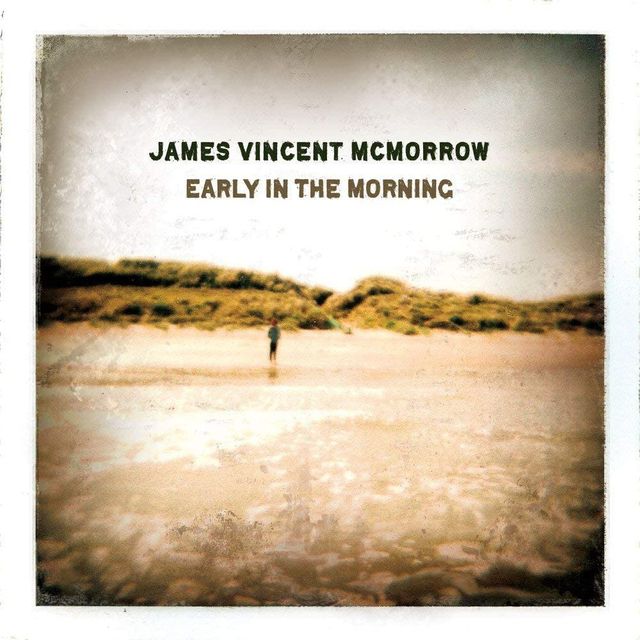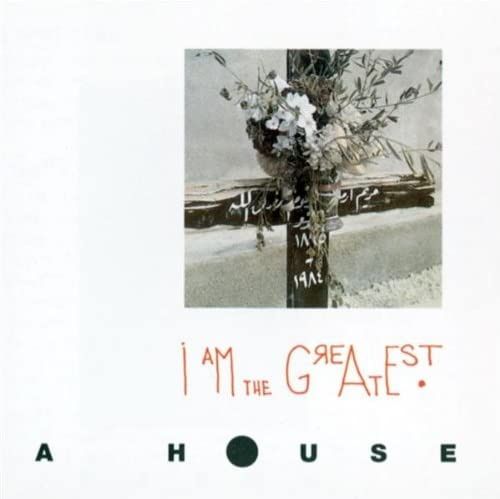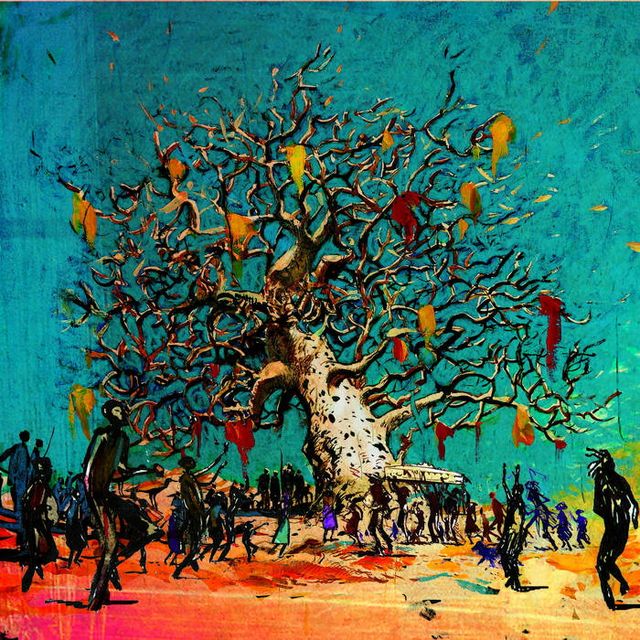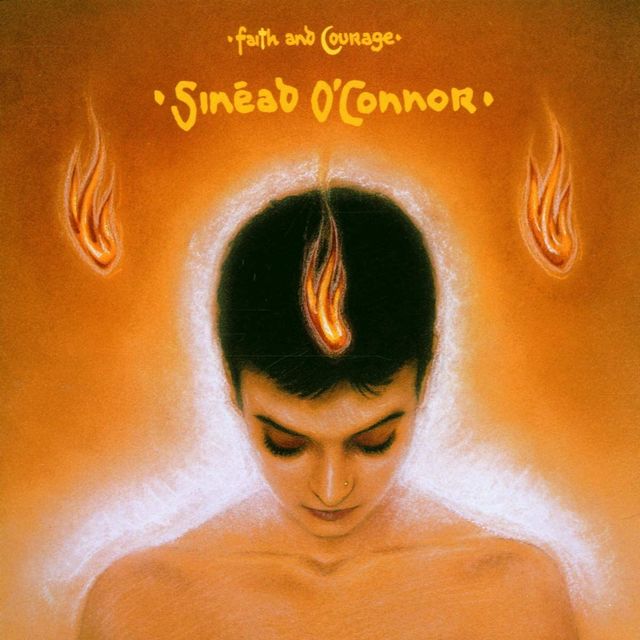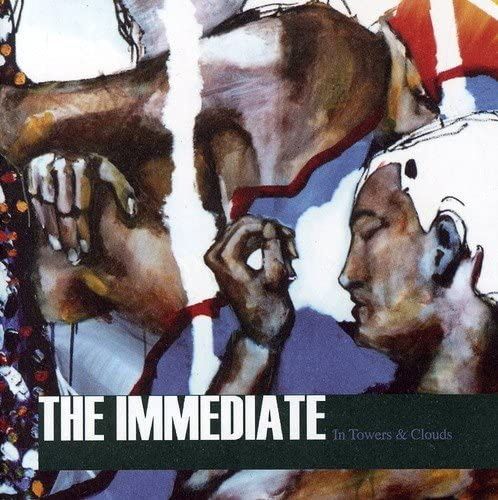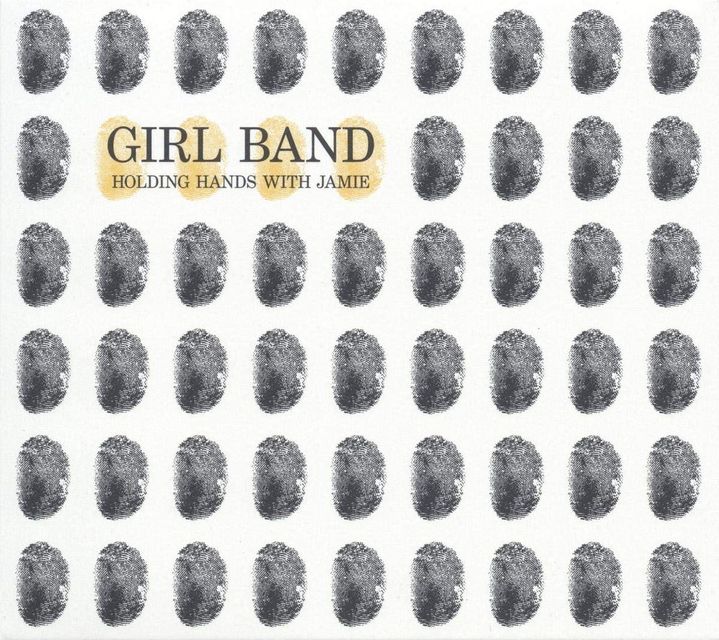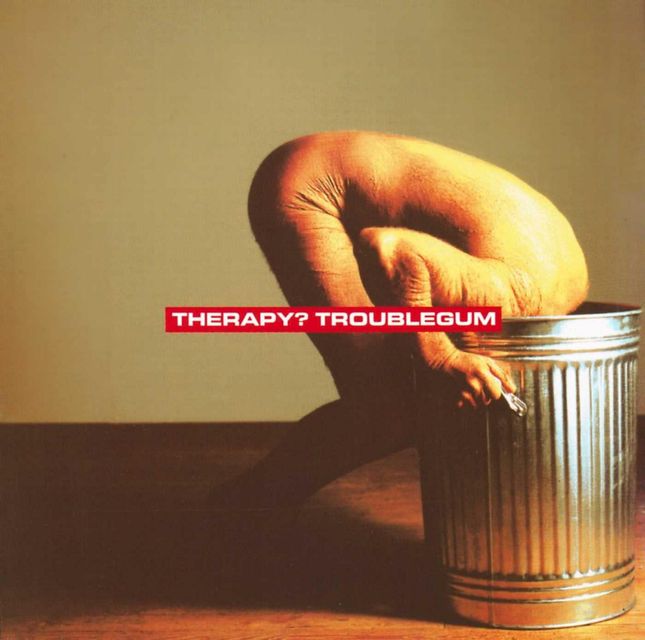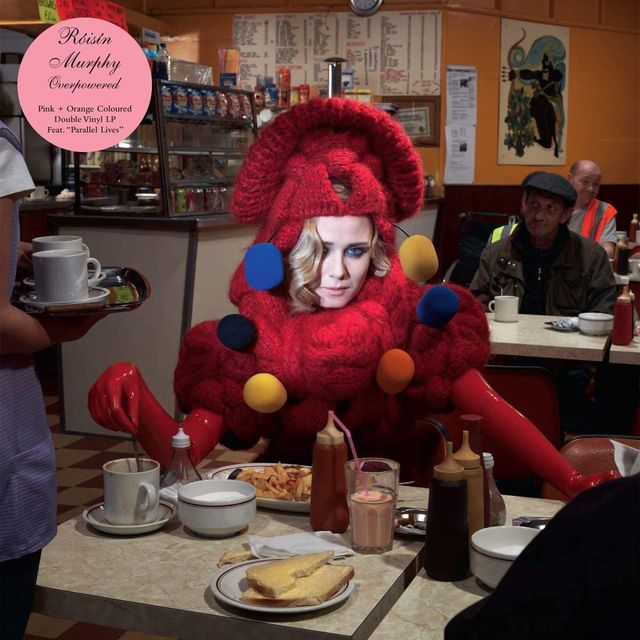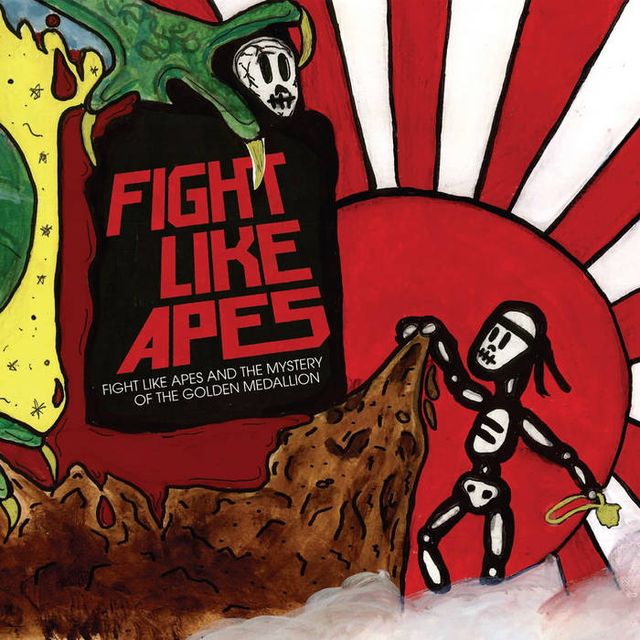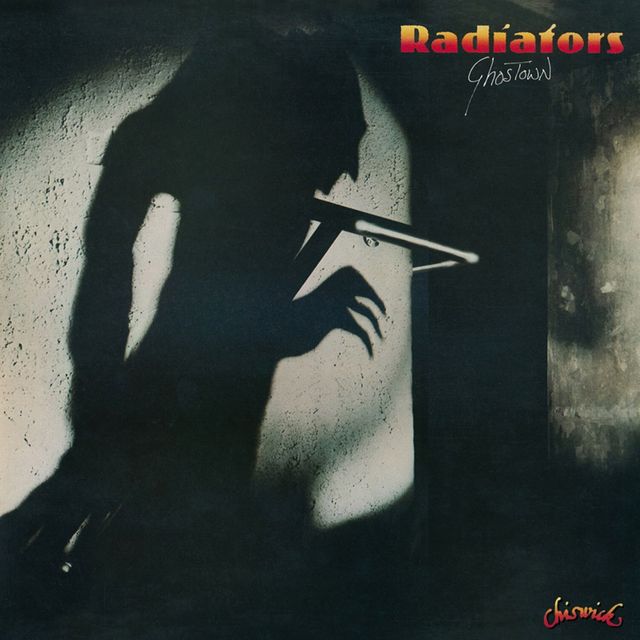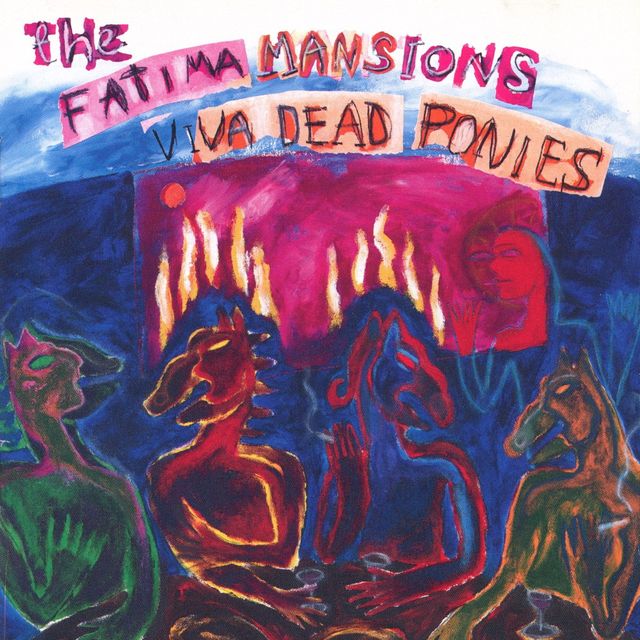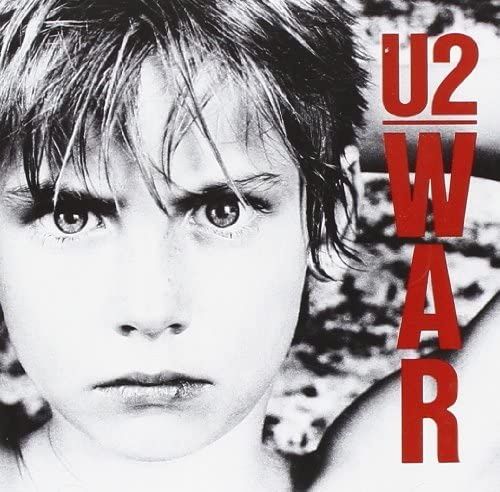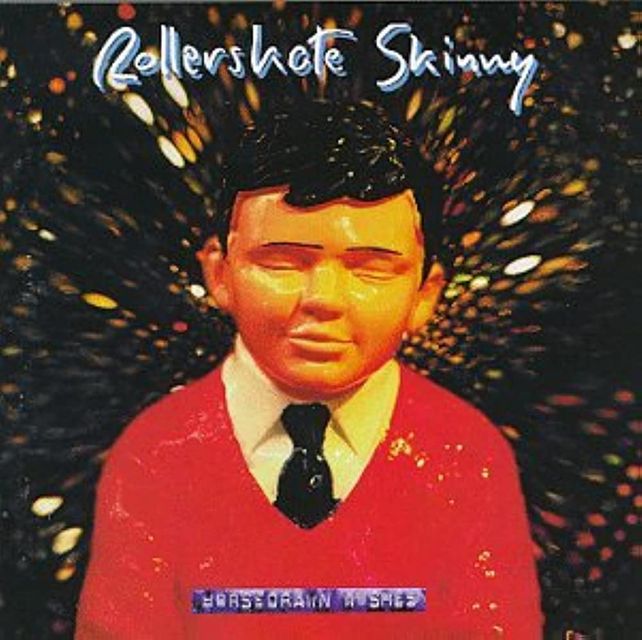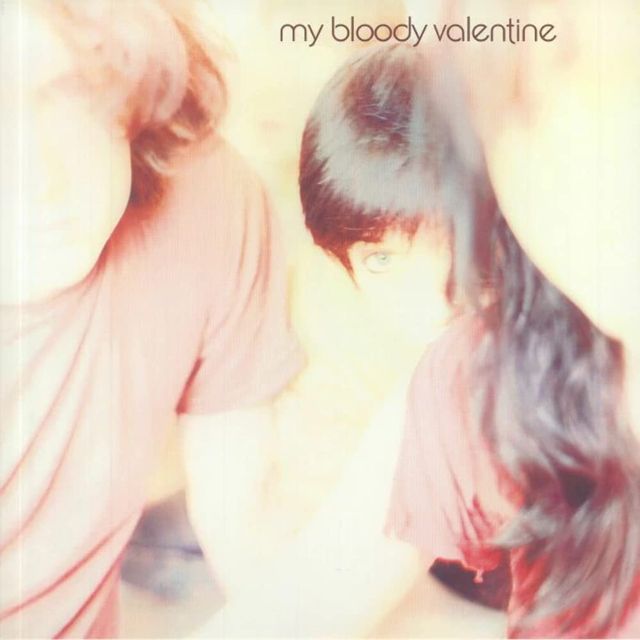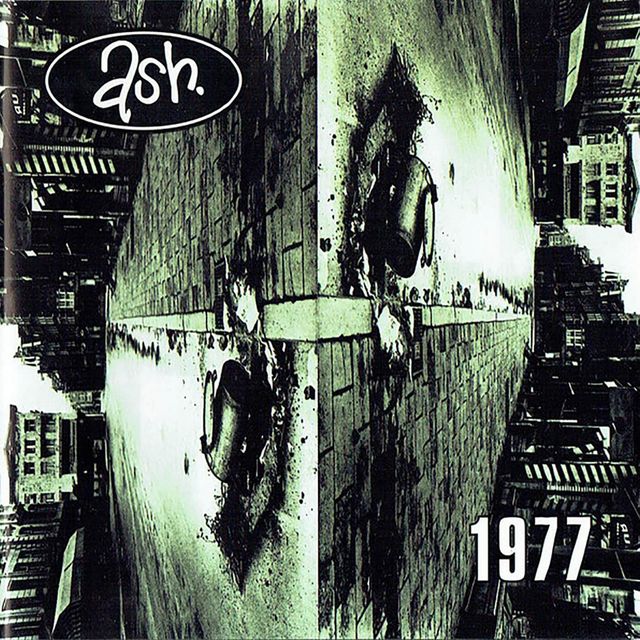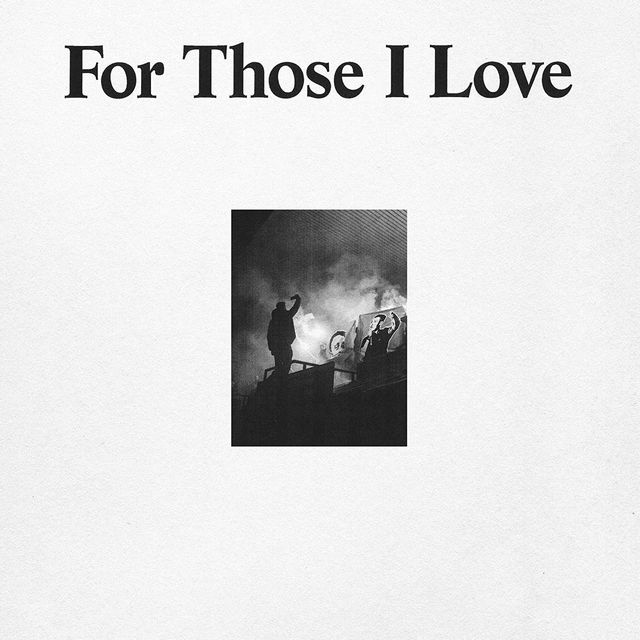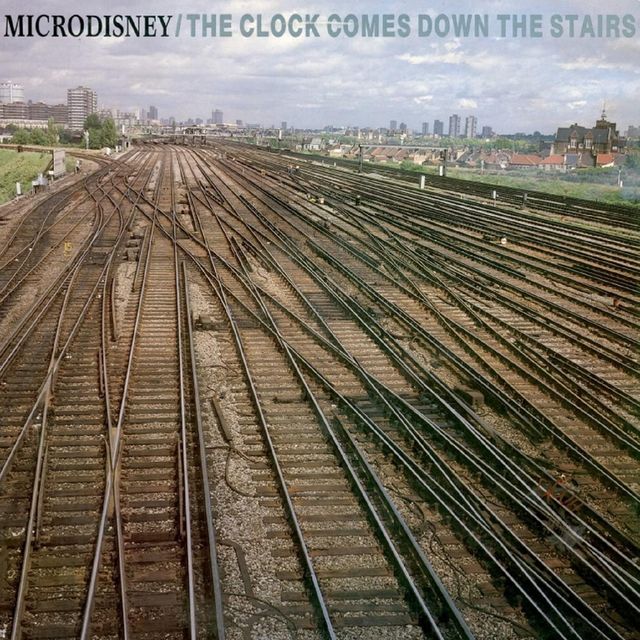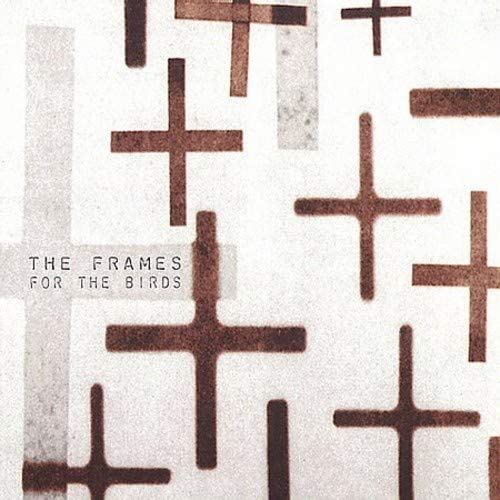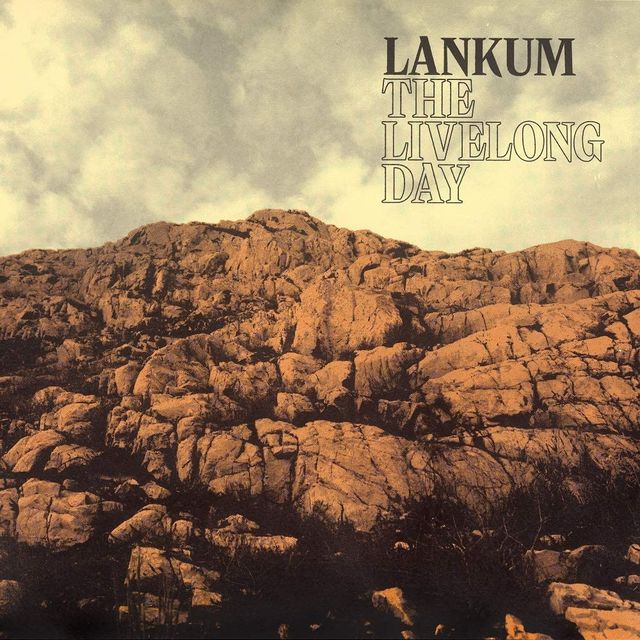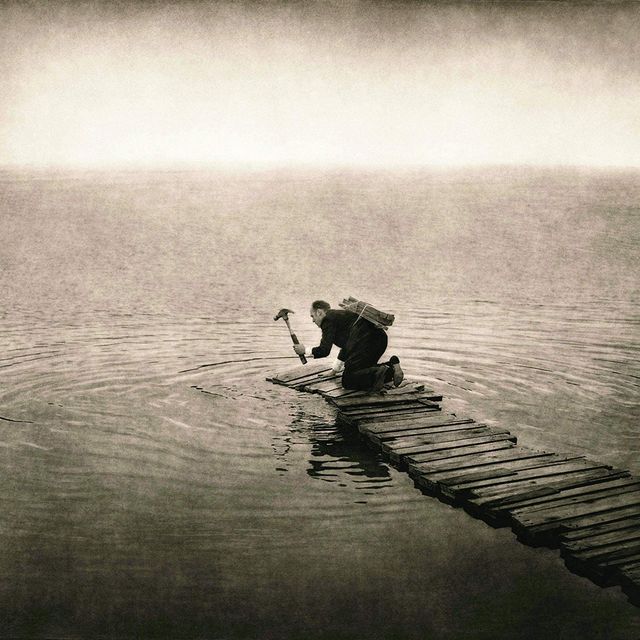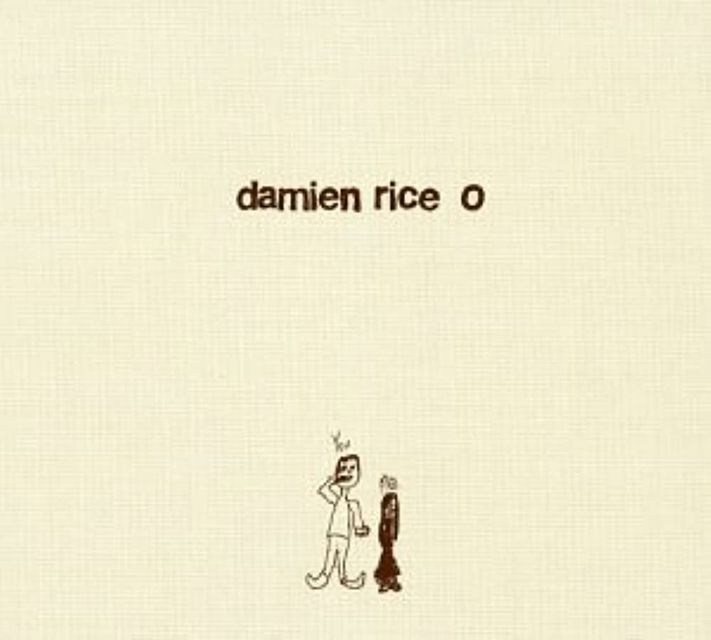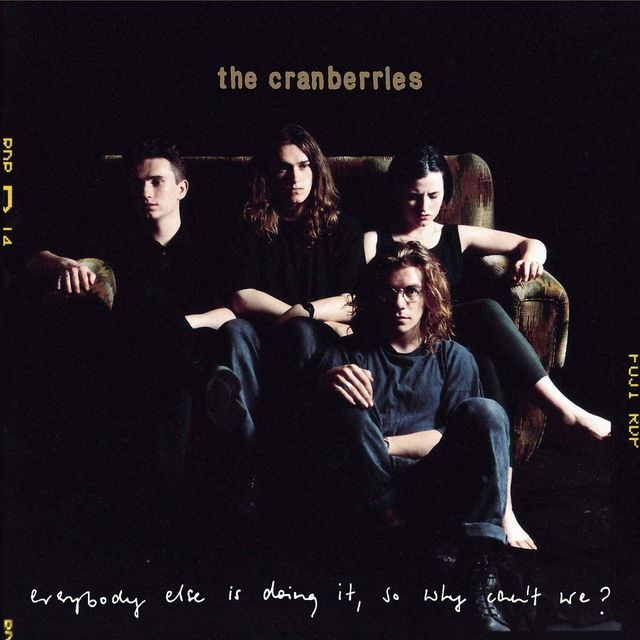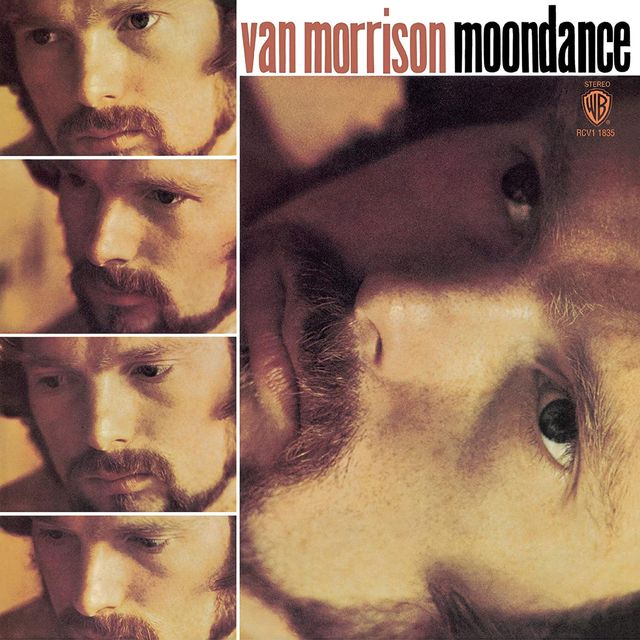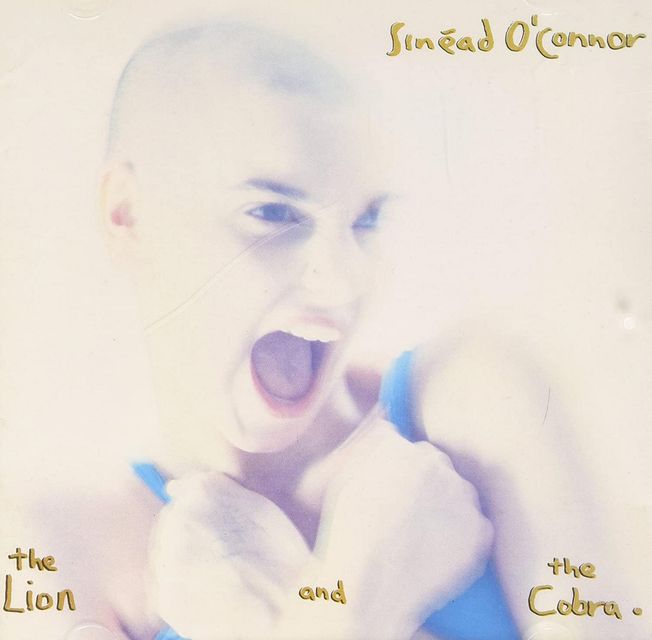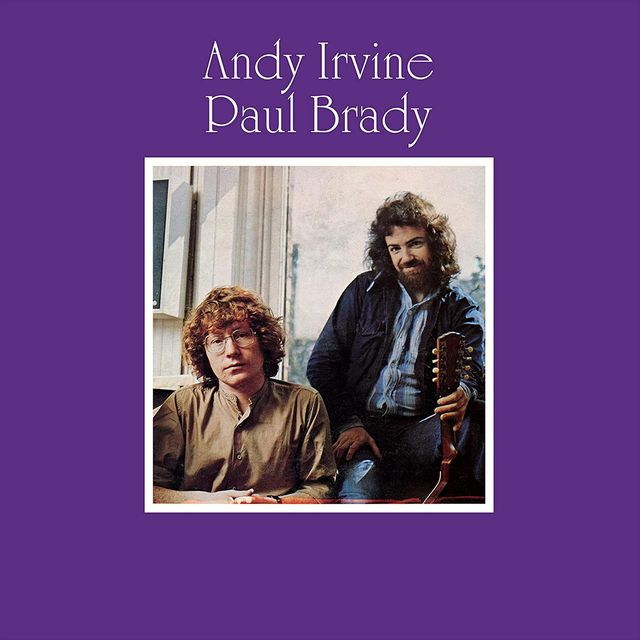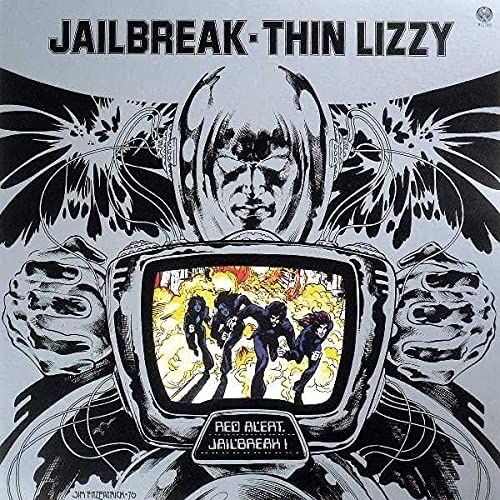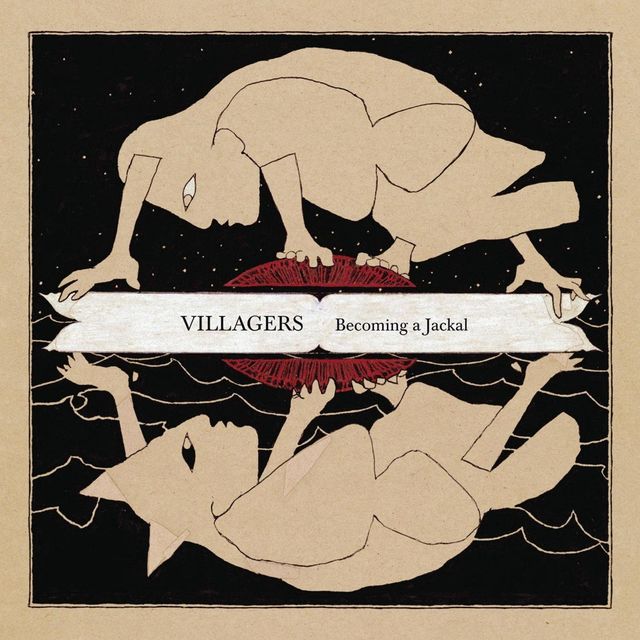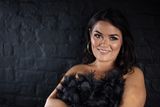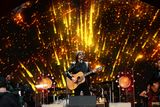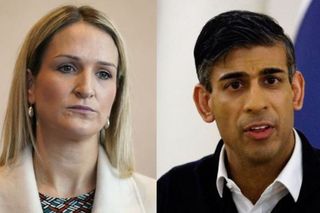Best Irish albums of all time – ranked: the definitive top 50
Our critics Tony Clayton-Lea, Roisin Dwyer, Zara Hedderman and John Meagher deliver the definitive list of the greatest Irish albums, as chosen through an unprecedented poll of more than 50 experts

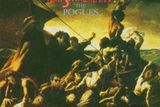
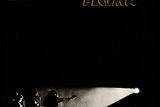
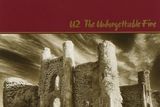
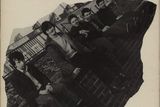
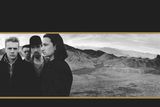
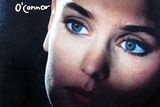
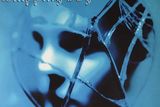
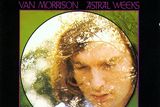
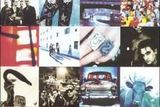
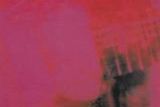
The island of Ireland has punched well above its weight when it comes to great music. But what are the very best Irish albums ever released? Where do much-lauded contemporary acts such as Fontaines DC and Villagers fit in a wider picture that includes such heavyweights as U2, Van Morrison and Sinéad O’Connor?
This is the definitive list of the 50 greatest Irish albums, as chosen by the Irish Independent’s unprecedented poll of more than 100 musicians, producers, promoters, broadcasters, critics, publicists, podcasters and industry insiders who have been immersed in a great deal of Irish music.
For full details on how we put it together, read our explainer.
We published numbers 50-11 on Independent.ie this week, and today we have collected all of our judges’ picks into one list — including the top 10.
No Guru, No Method, No Teacher by Van Morrison
50 No Guru, No Method, No Teacher Van Morrison (1986)
Van Morrison slides in the slipstream towards the spirit of his masterwork Astral Weeks in this mid-period album that evokes the work of WB Yeats and William Blake while also mining his early Belfast days for inspiration. With one exception — A Town Called Paradise, in which he gets typically antsy (“copycats ripped off my words, copycats ripped off my songs”) — the songs are wonders of understatement: tranquil, hymn-like dispatches. (TCL)
No Frontiers by Mary Black
Top 50 best Irish albums - The case for No Frontiers by Mary Black
49 No Frontiers Mary Black (1989)
An apt title for a record that saw Black gain a new global audience. Shooting straight to the number one spot in Ireland, it remained in the Top 30 for a year. Produced by long-time collaborator Declan Sinnott, its beloved title track is the perfect vehicle for Black’s poignant vocal, which evokes sundry emotions across the collection, as at home on Carolina Rua’s playful canter as it is on The Shadow’s plaintive refrain. (RD)
Hard Station by Paul Brady
48 Hard Station Paul Brady (1981)
Paul Brady arrived at Hard Station following periods embedded in traditional/ballad music. As the title might imply, he is at a crossroads, feeling the only way forward, creatively, is to reflect upon what is happening in his life. Throughout this acclaimed rock-oriented album, he touches on the ambiguities of relationships and Irish sensibilities in songs as peerless as Busted Loose, Crazy Dreams and Nothing But the Same Old Story. (TCL)
Watermark by Enya
47 Watermark Enya (1988)
There has been an overwhelming reappraisal of Enya’s mystical material, spurred by the frequent use of Orinoco Flow in recent film and television releases. Yes, that track is the embodiment of Enya’s Celtic-centric sound, but there’s so much more beyond that to relish in Watermark. Notably, the remarkably modern production style that blends colourful electronic elements and wistful synth accompaniments with her striking vocals, resulting in ethereal compositions such as On Your Shore. (ZH)
Skinty Fia by Fontaines DC
46 Skinty Fia Fontaines DC (2022)
Whatever the next chapter is for Fontaines DC, they could hardly have better wrapped the first segment of their creative cut-and-thrust with this album. The band’s most varied to date, the songs reside in a conclave of London-based Irish people who fuse their “greater emotional tools” (as singer Grian Chatten puts it) with music that references traditional Irish, post-punk and avant-garde. (TCL)
Sea Sew by Lisa Hannigan
45 Sea Sew Lisa Hannigan (2008)
After serving her apprenticeship in Damien Rice’s band — her contributions to his first two albums cannot be overstated — Lisa Hannigan lived up to her promise on this marvellous, mellow debut. Her wonderfully expressive voice is at the heart of everything and her ability to fashion songs that speak of human truths while avoiding cliché mark her out as a special talent. (JM)
If My Wife New I'd Be Dead by CMAT
Top 50 best Irish albums - The Top Ten
44 If My Wife New I’d Be Dead CMAT (2022)
Ciara Mary-Alice Thompson was on those ones-to-watch lists for several years before she released this super-smart, eclectic album. It went on to win the Choice Music Prize this year and with songs as earworm-friendly as I Wanna Be A Cowboy, Baby!, few were surprised. Thompson has much to say about contemporary life, especially from the female gaze, and she’s only just getting started. (JM)
Chemicrazy by That Petrol Emotion
43 Chemicrazy That Petrol Emotion (1990)
Sean O’Neill’s departure from That Petrol Emotion should have been cause for concern, but on their fourth album the remaining members reinvented themselves with renewed vigour to deliver their best record yet. The warm melodic pop of Sensitize and angular infectious rhythms of Hey Venus are standout moments on an album of songwriting and lyrical prowess where Steve Mack’s passionate vocals are at their most luminous. (RD)
Tattoo by Rory Gallagher
42 Tattoo Rory Gallagher (1973)
Rory Gallagher doesn’t faff about — he delivers his signature blues/rock with minimum fuss and maximum style. Tattoo, his fourth album, arrived a year after readers of the music paper Melody Maker voted him Guitarist of the Year. You can understand why: tracks such as Who’s That Coming (punchy Chicago blues), 20:20 Vision (a Delta/folk toe-tapper) and A Million Miles Away (slow, sensual pinpoint guitar playing) provide clear evidence of a musician in his prime. (TCL)
Go Bravely by Denise Chaila
41 Go Bravely Denise Chaila (2020)
When the Limerick-based rapper, poet and songwriter announced herself with Go Bravely’s immediately infectious lead single Chaila, not only did she spell out her astute artistic character but also demonstrated an unwavering ability to hone timeless melodies with her long-standing Narolane collaborators. On this Choice Music Prize-winning debut album, she displays great dexterity, with heartfelt R&B ballads and exuberant pop arrangements. (ZH)
Dogrel by Fontaines DC
40 Dogrel Fontaines DC (2019)
The quintet’s debut opens with Grian Chatten on Big willing the overnight success that would forever change the lives of the lyricist and his post-punk crew: “My childhood was small, but I’m gonna be big.” Dublin is central to the music. The greyness of the city’s weather casts a shadow on the spiky arrangements as Chatten casually traverses the streets and takes the listener along for the ride. (ZH)
Prosperous by Christy Moore
39 Prosperous Christy Moore (1972)
Prosperous is a fascinating taste of what’s to come, as future members of Planxty (Andy Irvine, Dónal Lunny, Liam Óg O’Flynn) are present and correct. Folk songs (A Letter to Syracuse, James Connolly, The Raggle Taggle Gypsy), ballads (The Cliffs of Dooneen, Spancill Hill), and traditional (Tabhair Dom Do Lámh) deliver what all albums should: music played for the inescapable, transcendent pleasure of it. (TCL)
Speak Slowly by the Stars of Heaven
38 Speak Slowly The Stars of Heaven (1988)
Upon its release, the second and final album from the band dubbed Ireland’s answer to the Byrds climbed to No 6 in the UK indie charts. This collection is widely acclaimed as a delicately crafted timeless classic. Stephen Ryan is as skilled in creating achingly beautiful love songs (2 O’Clock Waltz) as infectious jangle-pop gems (such as 28 and Lights of Tetouan — the latter covered by Everything But The Girl). (RD)
Early in the Morning by James Vincent McMorrow
37 Early in the Morning James Vincent McMorrow (2010)
The Dubliner has enjoyed a prolific and eclectic recording career, but this gorgeously honed debut is his most consistently strong album. Earning comparisons to everyone from Van Morrison to Bon Iver, its songs are, by turns, lush and delicate. McMorrow’s gently strummed acoustic guitar and his hushed vocals are his primary instruments. The lyrics — elemental and poetic — tug on the heartstrings. (JM)
I am the Greatest by A House
36 I Am the Greatest A House (1990)
Following the commercial failure of second album I Want Too Much, A House dusted themselves off and created uncompromising masterpiece I Am the Greatest, a cocktail of bravado, bluster, lyrical dexterity and sonic splendour. The wit and poetry of Endless Art is one of many highlights on the Edwyn Collins-produced meisterwerk, which also boasts the abrasive playfulness of I Don’t Care and dulcet indie earworm Take It Easy on Me. (RD)
Let the Dead Bury the Dead by Rusangano Family
35 Let the Dead Bury the Dead Rusangano Family (2016)
The Shannonside outfit, comprising members from Zimbabwe, Togo and Co Clare, won the Choice Music Prize for this arresting debut. It’s a rap album that blends a dizzying array of genres, including the rich polyrhythmic sounds common to GodKnows Jonas and Murli Boevi’s childhood in Africa. It was released in a decade when so-called ‘new Irish’ musicians really started to make themselves heard. (JM)
Faith and Courage by Sinéad O'Connor
34 Faith and Courage Sinéad O’Connor (2000)
Across her 10 albums, Sinéad O’Connor’s biggest artistic strength has been her ability to combine vulnerability with an unshakable sense of defiance. She entered the new century with a dynamic offering in Faith and Courage, an album that captures the sounds of the period when it was recorded while presenting themes that were, as ever for O’Connor, ahead of their time. (ZH)
In Towers and Clouds by the Immediate
33 In Towers and Clouds The Immediate (2006)
The Immediate are best-known as the outfit with which Conor O’Brien plied his trade before he shot to superstardom with Villagers. Their one and only album is a splendid slice of innovative indie pop of an avant-garde hue that garnered a Choice nod and left many critics salivating. They draw from the same creative well as Talking Heads and Radiohead while remaining refreshingly inventive and original. (RD)
Holding Hands with Jamie by Girl Band/Gilla Band
32 Holding Hands with Jamie Girl Band (2015)
There are some acts that you cannot merely listen to but must immerse yourself in for maximum impact. Dublin-based noise-rock quartet Gilla Band (known as Girl Band when this album was released) are one such group. They consistently exhilarate audiences with their juxtaposition of claustrophobic and captivating instrumentation with frontman Dara Kiely’s absurdist yet charismatic lyrical sensibility. Almost a decade on, Paul and Pears For Lunch remain vibrant and visceral. (ZH)
Troublegum by Therapy?
31 Troublegum Therapy? (1994)
For their second major label album, the Larne trio turned to compatriots the Undertones and US alt-rock band Helmet for inspiration. The result is a commercially friendly alt-rock opus that, on release, threatened to make Andy Cairns, Fyfe Ewing and Michael McKeegan global stars. Crossover glory didn’t quite come, but songs such as Screamager and Trigger Inside have long been staples of ’90s hard rock. (JM)
Overpowered by Róisín Murphy
30 Overpowered Róisín Murphy (2007)
Having failed to make a mark with her debut solo album Ruby Blue, the former Moloko frontwoman gained widespread acclaim and a Choice nomination for her first major label outing. The Wicklow-born singer collaborated with a host of songwriters on the delicious dance confection that also features contributions from Carl Cox and Richard X. The infectious bubbling electro of the title track introduces a slew of inventive electro-disco that includes the Andy Cato co-penned summery dancefloor-filler Let Me Know and the chutzpah-laden You Know Me Better. Overpowered is undoubtedly her finest moment. (RD)
Fight Like Apes and the Mystery of the Golden Medallion by Fight Like Apes
29 Fight Like Apes and the Mystery of the Golden Medallion Fight Like Apes (2008)
This album’s title aptly encapsulates the spirit contained within. A primal and endearingly brutal nature underpins Fight Like Apes’ work, as exemplified by the anthemic Lend Me Your Face. There is a glittering and intriguing quality to the arrangements, which are heightened by soaring synth-driven instrumentation and catapulted even higher by the immense force of MayKay’s vocal delivery. Elsewhere, Tie Me Up With Jackets and Do You Karate? instantly transport listeners to the halcyon days of the late-2000s. (ZH)
Ghostown by the Radiators
28 Ghostown The Radiators (1979)
One of the greatest ever albums about Dublin, Ghostown offers a snapshot of the city in the dark, depressed 1970s. There’s a literary sensibility to the songs of Philip Chevron and Pete Holidai, with a central track, Kitty Ricketts, inspired by both punk and James Joyce. Despite such bracing songs as Johnny Jukebox and the fine Tony Visconti production, the album had poor sales and the band split up soon after. The 40th anniversary edition contains a delightful bonus track, Under Clery’s Clock. (JM)
Viva Dead Ponies by the Fatima Mansions
27 Viva Dead Ponies The Fatima Mansions (1990)
The second album by Cathal Coughlan’s post-Microdisney outfit oozes ire and righteous indignation, mostly expressed by violent shards of aural bedlam but also taking the form of shrewd sarcasm paired with sweet synths and charming melodies. Coughlan’s targets are many: the church on Mr Baby; the police on Angel’s Delight; and society in general on the ferocious Look What I Stole For Us, Darling. Musical contrasts pepper the confection to delightful effect, making for a compelling and jarring experience. Coughlan’s insightful invective and fearless sonic explorations are much missed. (RD)
War by U2
26 War U2 (1983)
Having succumbed to ‘difficult second album syndrome’ on October, U2 exceeded their early promise on an album that put them on the road to world domination. It is at this point that the band’s ability to deliver stadium-sized songs begins with New Year’s Day and Sunday Bloody Sunday. The latter, a strident commentary on the British army’s massacre of innocent protesters in Derry 11 years before, is the start of Bono’s commitment to politicised songwriting, and remains one of their most played anthems. (JM)
Horsedrawn Wishes by Rollerskate Skinny
25 Horsedrawn Wishes Rollerskate Skinny (1995)
With the success of debut album Shoulder Voices, Rollerskate Skinny found themselves indie darlings of the mid-90s with invitations to Peel Sessions, Perry Farrell’s Lollapalooza festival and fawning praise from the music press. However, it is on their second album that their true genius is evinced. Crashing guitars, fractured melodies and discordant harmonies ebb and flow around Ken Griffin’s understated vocal. Speed to My Side is a cacophonous, eerie phantasm and Cradle Burns bristles with upbeat, angular rhythms. Horsedrawn Wishes is an experimental, unpredictable, fantastical and wondrous triumph. (RD)
Isn’t Anything by My Bloody Valentine
24 Isn’t Anything My Bloody Valentine (1988)
What a wicked spell My Bloody Valentine’s debut album weaves. Recorded mostly in Wales over two weeks when no band member slept for more than two hours a night, it is no wonder that the songs are so dreamy and languid. Despite the all-weather wooziness, tracks such as Feed Me with Your Kisses, No More Sorry, Several Girls Galore, Cupid Come and All I Need pack a sequence of vigorous guitar-driven punches that replace rock music with layers, textures and rugged tonal shifts. (TCL)
1977 by Ash
23 1977 Ash (1996)
Having signed with Infectious Records while still studying for their A-Levels, the Co Down teen trio went the top of the charts with their debut album, home to the hit singles Girl From Mars, Goldfinger and Oh Yeah. Elements of power pop, punk, garage rock and grunge permeate the collection which in places echoes Dinosaur Jr and Sonic Youth. The album bristles with a joyous youthful enthusiasm — soaring guitars, fizzing melodies and irresistible hooks populate its grooves. Exuberant pop punk has never sounded better. (RD)
For Those I Love by For Those I Love
22 For Those I Love For Those I Love (2021)
Music is a powerful vehicle for self-expression and examination. Its ability to help both artist and audience find the words to articulate challenging experiences is what continuously draws people to art. When Dublin-based producer and performer David Balfe shared his impassioned self-titled debut under the For Those I Love moniker, inspired by the untimely death of his close friend, he eloquently channelled his grief and established a community through euphoric 1990s-tinged dance beats. (ZH)
The Clock Comes Down the Stairs by Microdisney
21 The Clock Comes Down the Stairs Microdisney (1985)
Cathal Coughlan and Sean O’Hagan left Cork for London in the early 1980s and capture the Thatcherite ‘Loadsamoney’ culture of the English capital better than most. There’s a restrained fury in the keenly observed songs, and some of Coughlan’s ire is directed at the music business — Microdisney and follow-up band Fatima Mansions were never ones to play the corporate game. The record biz might have struggled to sell their wares, but songs such as Birthday Girl and Horse Overboard are from the top drawer. (JM)
For the Birds by The Frames
20 For the Birds The Frames (2001)
Before Glen Hansard’s Oscars success with Once, international acclaim was stubbornly hard to come by. It’s difficult to understand why, because the Frames were adored in 1990s Ireland and the songs had mass appeal. This fourth album really should have pushed them stratospheric: it’s the pinnacle of Hansard’s songcraft — Lay Me Down and What Happens When the Heart Just Stops are beautiful meditations. Fiddle player Colm Mac Con Iomaire adds texture to the sound and the production from Steve Albini and David Odlum is in sublime service to the songs. (JM)
The Livelong Day by Lankum
Top 50 best Irish albums - the case for Lankum, The Livelong Day
19 The Livelong Day Lankum (2019)
Traditional music has held a vital space in Ireland’s cultural legacy. When Lankum released this extraordinary third album, the group reinvigorated the spirit of songs such as The Wild Rover and The Pride of Petravore with their awe-striking experimental interpretations. Key to their innovation is producer John ‘Spud’ Murphy, with whom they have developed their idiosyncratic drone-fuelled arrangements. Within Lankum’s multifaceted compositions, Radie Peat’s vocals bring heaps of character to the material. Their contemporary approach to the traditional songbook has brought these timeless songs to new generations. (ZH)
The Gloaming by the Gloaming
18 The Gloaming The Gloaming (2014)
Not so much a supergroup as a home-from-home for outrageously skilled musicians, the Gloaming’s debut album presents almost an hour of music that may draw from the deep well of traditional Irish music but ultimately amounts to a singular creative form of shapeshifting. If the musicianship is peerless (Martin Hayes’ fiddle, Caoimhín Ó Raghallaigh’s hardanger d’amore fiddle, Dennis Cahill’s guitar, Thomas Bartlett’s keyboards/production), then Iarla Ó Lionáird’s vocals are something beyond (especially on Samhradh Samhradh). Quite simply, hearing is believing. (TCL)
O by Damien Rice
17 O Damien Rice (2002)
Irrespective of the amazing backstory and ingredients to Damian Rice’s debut (music industry advice from his second cousin, the composer David Arnold; an opera singer; Gregorian chants; sublime lead and backing vocals by Lisa Hannigan; the steel will of refusing to sign to a major label), the songs here are the aural equivalent of sitting in a dark, candlelit room while Sigur Rós cover the early works of Leonard Cohen. In other words, calm, intense, enthralling tracks that deserve to be listened to in one sitting. (TCL)
Everybody Else Is Doing It, So Why Can’t We? by The Cranberries
16 Everybody Else Is Doing It, So Why Can’t We? The Cranberries (1993)
A testament to a great album is when its lyrical and musical content continue to resonate long after its original release. Thirty years on, the influence of the Cranberries’ electrifying debut — particularly the late Dolores O’Riordan’s unique vocal styling — lingers in the work of a new generation of artists. The melding of lush string motifs with their buoyant pop-rock arrangements gives the work a striking mystical element. Ultimately, the vitality in O’Riordan’s performance across this LP, and subsequent hit singles, solidified her reputation as one of Ireland’s most distinctive vocalists. (ZH)
Moondance by Van Morrison
Top 50 best Irish albums - Moondance
15 Moondance Van Morrison (1970)
Astral Weeks may have been something of an incandescent musical triumph for Van Morrison, but even a genius has to pay the rent, and so Moondance is Van the Man’s first truly radio-friendly solo work. You want catchy numbers that have become standards for lounge bands the world over? That’d be the title track. You want blissed-out and buoyant rhythm and blues songs that would become American FM radio staples? Try Into the Mystic, And It Stoned Me, Brand New Day, Caravan, Come Running and These Dreams of You. (TCL)
The Lion and the Cobra by Sinéad O'Connor
14 The Lion and the Cobra Sinéad O’Connor (1987)
A stunning, startling debut album, released while the shaven-headed Dubliner was only 20, is a statement of intent that is as potent now as it was when it first came out. Tackling big themes such as social injustice, religious fundamentalism and female sexuality, O’Connor has a great deal to say. As ever, her vocals are front and centre and on the glorious Mandinka (named after an African tribe, as she reminded interviewers at the time) she delivers one of the best alt-rock songs of the decade. (JM)
Andy Irvine/Paul Brady by Andy Irvine/Paul Brady
13 Andy Irvine/Paul Brady Andy Irvine/Paul Brady (1976)
Following the demise of Planxty, two of its members joined forces to record a collection of songs that, as a whole, constitute an Irish folk music classic. Assisted by the Bothy Band’s Donal Lunny and Kevin Burke, the fusion of guitar, bouzouki, mandolin, countermelodies, hints of Bulgarian music and songs as resonant as Arthur McBride (on which Brady’s guitar playing is masterful), Plains of Kildare, Lough Erne Shore and Bonny Woodhall would go on to influence future generations of musicians. (TCL)
Jailbreak by Thin Lizzy
12 Jailbreak Thin Lizzy (1976)
In 1976, Phil Lynott et al were under pressure to deliver the goods on their third album for record label Vertigo. Deliver they did. Jailbreak displays Lynott’s versatile songwriting and ability to pen a catchy riff to great aplomb. The Boys are Back in Town was a global hit single and many of the album’s tracks became live favourites. From misty-eyed romanticism (Running Back and Fight or Fall) to aggressive rock (Emerald and Warriors) via playful poppier stylings (Angel From the Coast and Romeo and the Lonely Girl), this album is Lynott’s creative zenith. (RD)
Becoming a Jackal by Villagers
11 Becoming a Jackal Villagers (2010)
With an air of Paul Simon’s intricately storied songwriting, Conor O’Brien’s reintroduction as Villagers in the wake of the Immediate’s demise showed an altogether different side to his artistry. This beautifully crafted folk-led LP, detailed with elegant piano flourishes and sumptuous drum fills, is heightened by O’Brien’s engaging vocals. The vulnerability in his cadence creates an intimate listening experience. Across his discography, the Dubliner has shown a natural flair for considered and kaleidoscopic production techniques. Becoming a Jackal is timeless, eternally emotive and breathtakingly earnest. (ZH)
Rum Sodomy and the Lash by the Pogues
10 Rum Sodomy & the Lash The Pogues (1985)
With a title apparently inspired by Winston Churchill, of all people, the Pogues’ most perfectly realised album fuses rock and trad in exhilarating fashion. A mixture of original songs from Shane MacGowan and a host of thrillingly reworked tunes, the cigarettes-and-alcohol-fuelled result is bawdy, brash and brilliant. MacGowan compositions A Pair of Brown Eyes (with a melody based on the venerable Wild Mountain Thyme) and Sally MacLennane have long been favourites among Pogues fans and the group’s take on Ewan MacColl’s Dirty Old Town is surely the definitive version. Produced by Elvis Costello — who, by the mid-1980s, had released one great album after another — it’s one of the most rambunctious albums ever released and a stunning celebration of what it is to be Irish in Britain. (JM)
Planxty by Planxty
9 Planxty Planxty (1973)
Planxty’s debut album spins folk/traditional music around so quickly that the result is dizzying. The constituent elements of Christy Moore, Liam O’Flynn, Donal Lunny and Andy Irvine had previously shared recorded history on Moore’s second album, Prosperous, yet here they are in true ensemble mode, interweaving and interplaying like there’s no tomorrow. The album changed the way people listened to traditional music for a number of reasons: these younger musicians may have been informed by the genre, but they brought new instruments (mandolin, guitar, bouzouki) and new ideas. The songs (including Arthur McBride and The West Coast of Clare) are superb, but the instrumentals (including those on Raggle Taggle Gypsy/Tabhair Dom Do Lámh, Planxty Irwin, Sí Bheag, Sí Mhor and Merrily Kissed the Quaker) acquire lift-off into the stratosphere by O’Flynn’s nimble-fingered uilleann pipe playing. (TCL)
The Unforgettable Fire by U2
Top 50 best Irish albums: the case for The Unforgettable Fire
8 The Unforgettable Fire U2 (1984)
U2’s fourth album in as many years is hellbent on confounding expectations. It’s the work of a band determined to push boundaries. It manages the difficult balancing act of seeking ever-bigger audiences while being more creative and avant-garde than ever. After being turned down by German experimentalist Conny Plank, the band settled on Brian Eno as producer and he works wonders in helping to introduce a ‘European’ sensibility to the music. Eno arrived in Dublin with the then little-known Daniel Lanois and the pair would become a central part of the U2 story for years to come. The title track — inspired by the war-time horrors inflicted on Hiroshima and Nagasaki — is a study in symphonic, widescreen rock, The Edge’s guitar on the tightly wound Wire is nothing short of thrilling and Pride (In the Name of Love) is the bridge to The Joshua Tree. (JM)
The Undertones by The Undertones
7 The Undertones The Undertones (1979)
Following the success of the evergreen Teenage Kicks, the Derry punks were snapped up by Sire’s Seymour Stein and sent off to Eden Studios in London with producer Roger Bechirian to record their debut album. The result is a classic collection of pop-punk energy bursting with adolescent angst. Opening with the thunderous drums of Family Entertainment with its sprightly sing-a-long chorus, the album wastes no time in dragging you in by the scruff of the neck for a 14-track sonic blitz of soaring riffs, pounding basslines and clamorous vocals. The frenetic fervour of Here Comes the Summer, the sneering chorus of Male Model, the driving rhythms and melodic bluster of I Gotta Getta: an impeccable collection of pogo-ready classics. (RD)
The Joshua Tree by U2
6 The Joshua Tree U2 (1987)
Love them or loathe them, you cannot deny that U2 made something extremely special with their fifth album. As the opening bars of Where The Streets Have No Name steadily ascend, it’s impossible not to get swept along as Bono howls about breaking down walls. Working for a second time with Brian Eno and Daniel Lanois, U2 elevated their material with an unabashed confidence and energy. The passion in each of their performances, especially across its front-loaded Side A, is palpable. You can feel pain in each (heart)beat on the wistful With Or Without You, you want to run for shelter from fighter planes soaring in Bullet the Blue Sky. The Joshua Tree is dramatic and unselfconscious in demanding your attention. (ZH)
I Do Not Want What I Haven’t Got by Sinéad O’Connor
Top 50 best Irish albums: the case for I Do Not Want What I Haven't Got
5 I Do Not Want What I Haven’t Got Sinéad O’Connor (1990)
Autobiography is integral to Sinéad O’Connor’s art. Fearless when delving into personal anguish and political commentary, she asserted her position as an artist with great intention and individuality on her second album. On its deft opener Feel So Different, she asks to be granted serenity, courage and wisdom. This triad serves as a foundation for the album’s ten songs, on which she effortlessly shifts between electrifying and affecting performances. As propulsive as the LP’s more uptempo moments are, the emotional impact of Three Babies and Nothing Compares 2 U never diminishes, regardless of how many times you’ve listened attentively and sung along. Nothing about the album is superfluous. A vital and visceral record that instils bravery in its listeners. (ZH)
Heartworm by Whipping Boy
4 Heartworm Whipping Boy (1995)
“What might have been” go the lyrics of one of this album’s standout songs, When We Were Young, and those four words can easily be applied to Whipping Boy. If there was any Irish band of the 1990s that deserved huge success, it was them. But even the backing of a major label like Columbia couldn’t deliver listeners. Despite ecstatic reviews at the time, not enough people heard this masterful second album. Defiant, angry, tender, vulnerable — it’s the sort of record that makes new listeners want to evangelise about its greatness. Every song is a cracker. Twinkle, Personality and, especially, the heartbreaking fury of We Don’t Need Nobody Else constitute the sound of a supremely confident band. Their live shows of the mid-1990s remain the stuff of legend. (JM)
Astral Weeks by Van Morrison
3 Astral Weeks Van Morrison (1968)
“You showed everybody else that the limits they had accepted on invention, expression, honesty, daring, were false.” That’s what the US culture writer Greil Marcus says of Astral Weeks and its anti-rock originality. For an album that sold little more than 20,000 copies on its release, but which has since gained (justifiably) a reputation as a stone-cold classic, more words than are perhaps necessary have been used to describe it. Van Morrison rarely dwells on its wonders (he once described it as “an imagined opera, a song cycle of poetry and mythical daydreams”) and perhaps it’s best not to. Rather, allow improvisatory, high-calibre jazz-influenced tracks such as Sweet Thing, Cyprus Avenue, Slim Slow Slider, Madame George, the title track and Ballerina to slowly release warmth and tenderness in the way painkillers soothe headaches. (TCL)
Achtung Baby by U2
Ireland's 50 greatest albums: the case for Achtung Baby
2 Achtung Baby U2 (1991)
Following Bono’s famous “dream it all up again” speech at a Point Depot concert in December 1989, U2 decamped to Hansa Studios in Berlin for a reinvention that saw them draw influence from the worlds of industrial, electro and alternative rock. Achtung Baby, in contrast to previous outings, sees Bono turn his lyrical gaze inwards, eschewing the social and political for the emotional and personal, typified by the band’s interpersonal struggles on One. Sonically, the group are painting with a completely new palette that includes hip hop-inspired electronic beats (The Fly) and The Edge making full use of his effects arsenal (see the cosmic swagger of Even Better Than The Real Thing and plangent funk of Mysterious Ways). It’s their magnum opus. (RD)
Loveless by My Bloody Valentine
Top 50 best Irish albums: the case for Loveless
1 Loveless My Bloody Valentine (1991)
Not just the greatest Irish album ever, as voted by over 50 critics, musicians and industry insiders, but the greatest by some distance on points. As soon as the lists started to arrive, it became apparent that the album masterminded by guitar visionary Kevin Shields would be the one to beat, and what an album it is. It may have been released more than 30 years ago, but its intoxicating sound remains utterly timeless and its influence can be heard to this day. The band — comprising Shields and fellow Dubliner Colm Ó Cíosóig and English musicians Bilinda Butcher and Debbie Googe — helped reinvent shoegaze and alternative rock with 1988’s Isn’t Anything (number 24 on our list), but it was Loveless that blew everything wide open. Quite simply, it’s an astonishing demonstration of what the guitar — with lashings of studio effects — is capable of. And while Shields gets most of the credit, his bandmates are essential, not least Butcher and her ethereal vocals. Mysterious and magical, it’s an album to be played loud. Really loud. (JM)
Join the Irish Independent WhatsApp channel
Stay up to date with all the latest news











